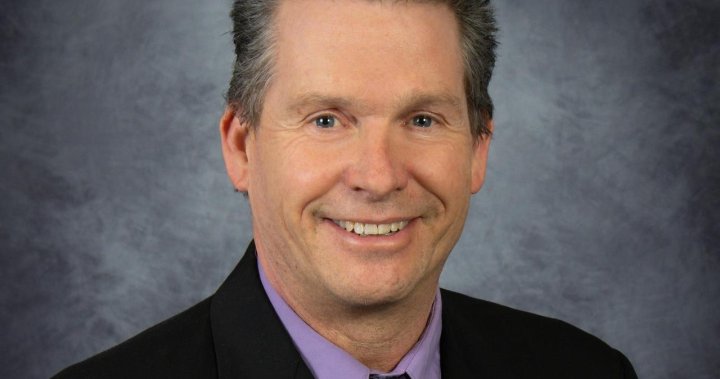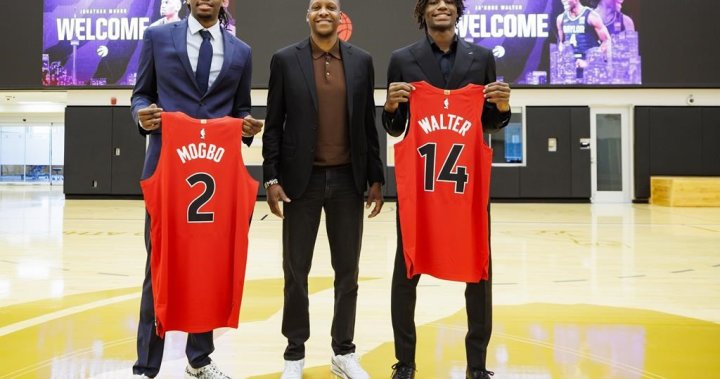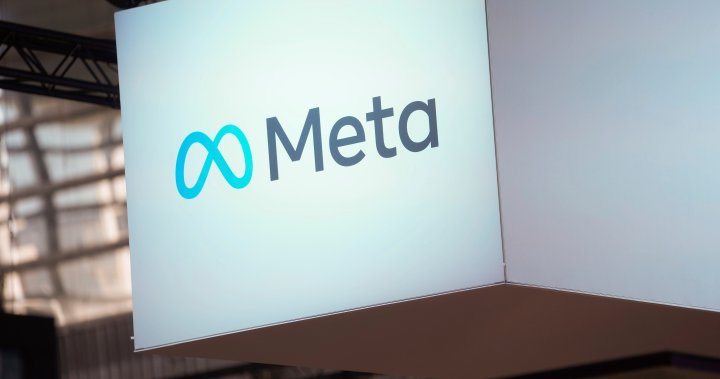A controversial presentation by a school trustee in western Manitoba has members of nearby communities in disbelief.
At a public meeting of the Mountain View School Division on Monday, trustee Paul Coffey gave a half-hour long talk on the topic of “racism and anti-racism,” a speech subsequently criticized as ignorant and offensive by local leaders.
In his presentation, Coffey suggested residential schools served a ‘good’ purpose, and that land acknowledgements cause division by “blaming whites for taking land and telling Indians that they should be sorry because their land was stolen.”
Coffey also asserted that the term ‘white privilege’ is racist, and that he refuses to use any term to describe Indigenous people other than ‘Indian’. He also said schools should not post signs recognizing inclusivity, and that he refuses to use acronyms when discussing members of the LGBTQ+ community.
After public backlash, the school division released a statement distancing itself from Coffey’s remarks.
“Mr. Coffey was speaking as an individual and his opinions and comments were his own and possibly those of other constituents in his ward,” board chair Gabe Mercier said in the statement.
“Mr. Coffey was not speaking on behalf of the board. Mountain View School Division stands by our continued work with Indigenous partners and our tireless work around reconciliation.”
Mercier said the school board stands against all types of racism and will continue to create an environment where all students and staff feel valued.

Cam Bennet, a retired teacher who taught for more than three decades in the division, told Global Winnipeg he was stunned by Coffey’s remarks, and said the negative public attention caused by the incident is distracting from the good work toward reconciliation that Mountain View educators are dedicated to.
“It was kind of a shock and disbelief, really,” Bennet said. “I really didn’t know what the point of the whole thing was. It felt like he was upset about something.
The email you need for the day’s
top news stories from Canada and around the world.
“I’ve heard from several colleagues…that are stunned. Shocked. Disappointed, a variety of things. I’m in contact with them all, and they’re feeling under the microscope a little bit. No teacher wants to be put in this type of situation.
“We just want to go into our classrooms and do our job and do what’s best for kids…and this attention on the community, it’s a little unfair to the individuals that are working hard in the division.”
Bennet, whose voice appears on the recorded land acknowledgement schools in the division still use, said educators have spent ‘countless hours’ working toward reconciliation and creating a safe, inclusive environment for students.
“I think there’s a lot of positiveness. It’s a shame, really, that this sort of negative attention is taking away from that, because there’s indeed a lot of positive, good things happening in classrooms across this country.”

For Chief Cornell McLean of Lake Manitoba First Nation, Coffey’s presentation was a ‘disturbing’ example of an ignorant attitude toward First Nations people and reconciliation.
“We talk a lot about reconciliation, and he has no idea what that is,” McLean told Global Winnipeg. “He just opened up a whole can of worms for (residential school) survivors. You know, in terms of all of the hurt that they went through… residential schools, the government of Canada acknowledged that — they apologized for the wrongdoings. The Pope apologized for the wrongdoings.
“Why can’t this man see all of the hurt that was imposed on our people? It’s very disturbing that he would make those kind of comments.”
McLean’s opinion was echoed by the Northwest Metis Council and the City of Dauphin, both of whom issued public statements in light of the controversial school board meeting.
Northwest Metis Council vice-president Frances Chartrand said Coffey’s comments were a “direct assault” on efforts toward truth and reconciliation.
“We trust that Mountain View School Division does not support Paul Coffey’s views and will take appropriate measures to rectify the situation,” Chartrand said.
“As we continue to work together to implement the recommendations of the Truth and Reconciliation Commission, we will maintain our resolve to ensure that naysayers do not derail the positive outcomes we have accomplished to this point.”
Dauphin mayor David Bosiak said Coffey’s views are deeply concerning, and aren’t representative of the community at large.
“We encourage open dialogue and education on these critical issues,” he said, “and stand with our community in seeking to understand and respect each other’s differences.
“We are committing to ensuring that Dauphin remains a place where the dignity of every individual is upheld.”
-With files from Drew Stremick

© 2024 Global News, a division of Corus Entertainment Inc.





